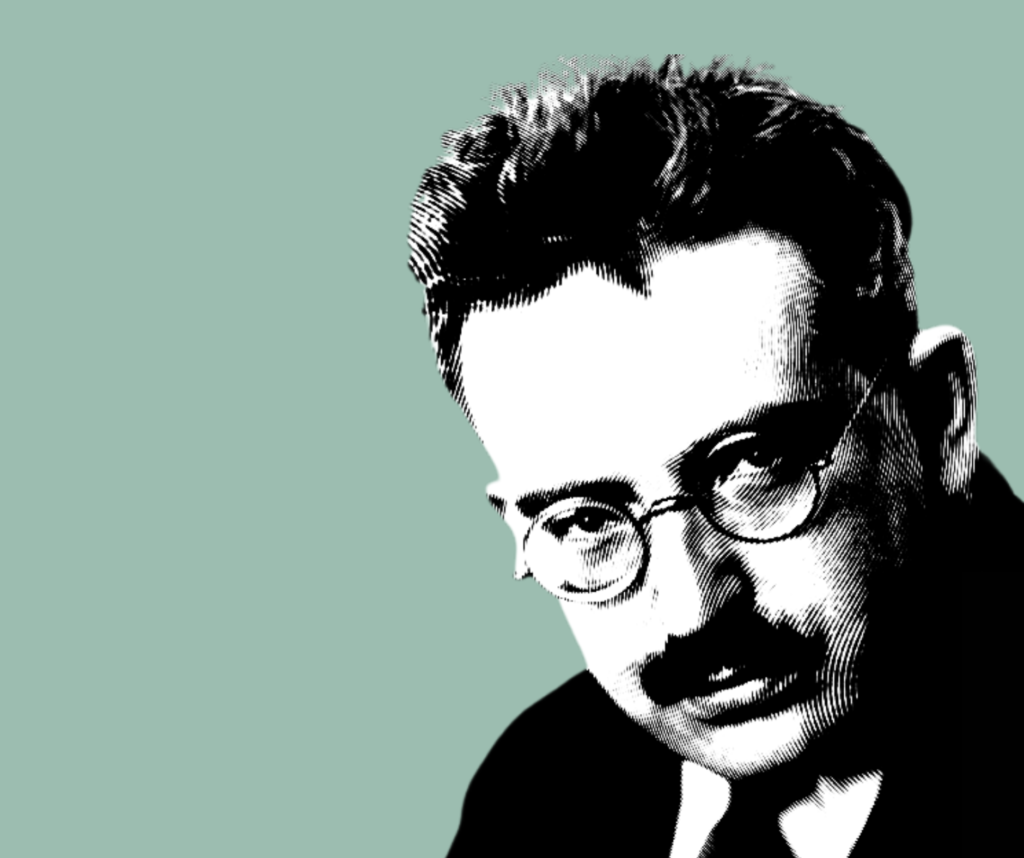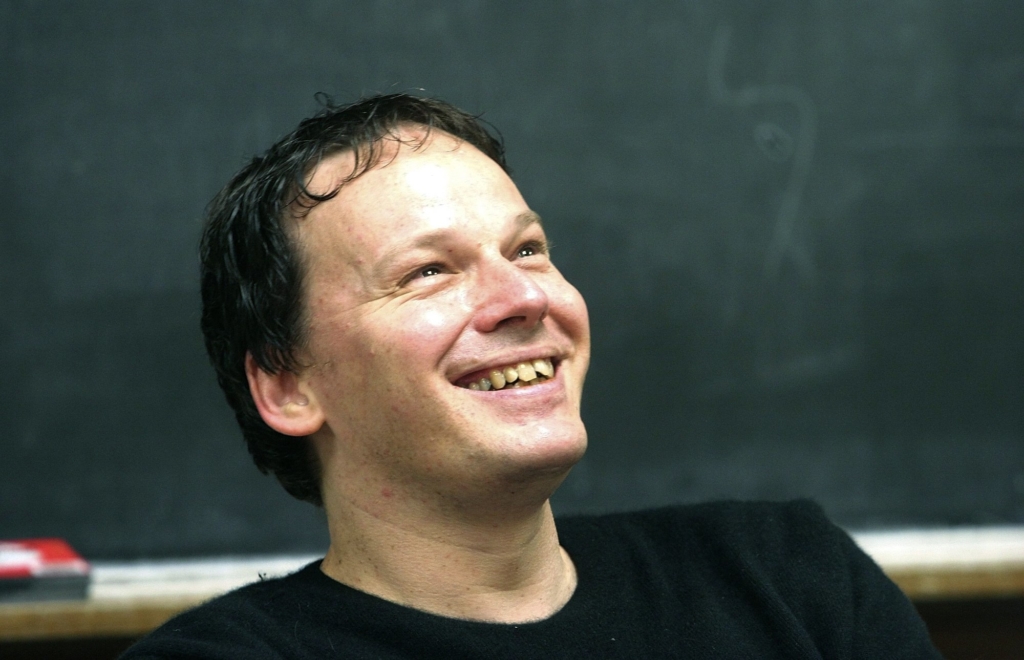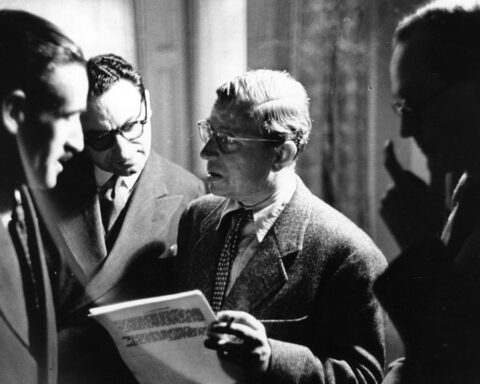1. The basic core of irrationalist beliefs, when these develop into a mass social phenomenon, is actual social experience, which has been displaced and distorted as a consequence of its displacement from its original context.
2. On the phenomenal level, anti-vaccination ideology focuses on the perception of an ever-more interventionist, omnipresent state, which constantly conspires to colonize every aspect of the private life of citizens.
3. This perception is patently distorted and ideological. In the USA, in the UK, in Greece and elsewhere, the Pandemic provided plentiful proof regarding not an omnipresent state, but on the contrary, a withdrawn and indifferent state, a state that abandoned millions to their fate, both to avoid the cost of protecting their health and for more cynical reasons, like the long-term reduction of old age populations that are dependent on social care. Of course, the state remains both interventionist and repressive; but it such only on domains that it itself selects, not generally and indifferently. In general, political theory has blatantly failed to register the Janus face of the state, its constant transformation from a giant to a dwarf and vice-versa.
4. The mechanism of this transformation, that which regulates its direction, is capital, which can never be analyzed as something autonomous from the state, just as it is preposterous to analyze the state without reference to its organic connections to capital. Because of this, “anti-statists” who have nothing substantial to contribute on the way capital functions today are simply (neo)liberals.
5. A basic dimension–essentially one that has been present from the end of the 19th century on–of the development of capital is concentration, both to ever fewer individual hands and to ever more powerful monopolies. Both of these aspects of the process have meant, in a way that is particularly acute in the wake of the pressure that the economic crisis has placed on smaller capital holders and, even more, middle and petty bourgeois layers, the loss of a large part of petty property: small stores, small-scale factories, small businesses, etc., have been destroyed en masse between 2008 and the present, while those that were big enough to survive the crisis have grown even bigger and more powerful.
6. In terms of lived experience, the mass destruction of small businesses, stores, etc., has meant the loss, on the part of once still extensive social layers, of relative autonomy from big capital. But the consequences of this destruction also included the loss of assets through confiscations, repossessions, auctions, etc., and thus the intensification of insecurity and precarity of the relationship of these middle and petty-bourgeois strata with the lower class.
7. The paranoid fears concerning vaccination and the conspiracy theories regarding COVID-19 concern entirely the issue of the loss of autonomy. They allegorically (and distortedly) project real economic and social experience onto the body. In this manner, they both express and repress the experience, just as dreams, and more generally, the language of the unconscious, do: it’s not, allegedly, that the small store owner or the small businessman has been crushed by large states’ economies of scale but rather that there is a plan to control his/her brain (which s/he valorizes in reverse proportion to the course of the value of his or her labor), or to control his/her body, his or her reproductive capacities, etc.
8. Because the anti-vaccine unconscious is, like every form of mass irrationalism, the exact opposite of what it believes it is—because, in other words, it is a deeply conformist way of thinking—it is also a particularly fertile ground for the development of forms of racism, among which the anti-semitic and the Sinophobic elements are predominant. As for the fact that the part of the anti-vaccine unconscious which involves paranoid fears of 5G mobile connectivity is predominantly set against the rapid growth of Chinese technological progress, it is anything but accidental. Those who arrested a top official of Huwaei, which is a driving force in Chinese technological development, were not next-door lunatics but the Canadian and American state. In reality, the fantasies of conspiracy nuts express (inter)national anxieties; ultimately, western anxieties regarding the loss not only of “competitive (technological) advantage”, but also the monopoly on super-profits that may be derived from such an advantage.
_______
Antonis Balasopoulos was born in 1970 in Thessaloniki and is an Associate Professor of Comparative Literature at the Department of English Studies of the University of Cyprus. In addition to his research work, he has published creative prose, poetry and short stories in numerous print and online journals in Britain, Cyprus and Greece.







